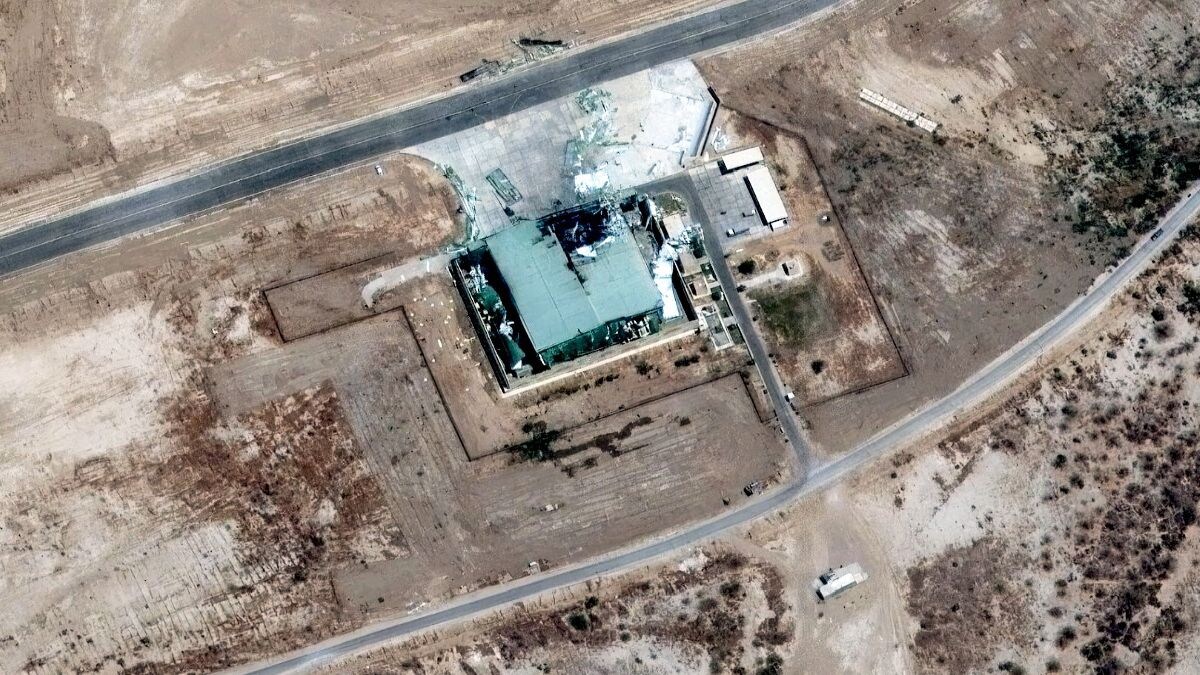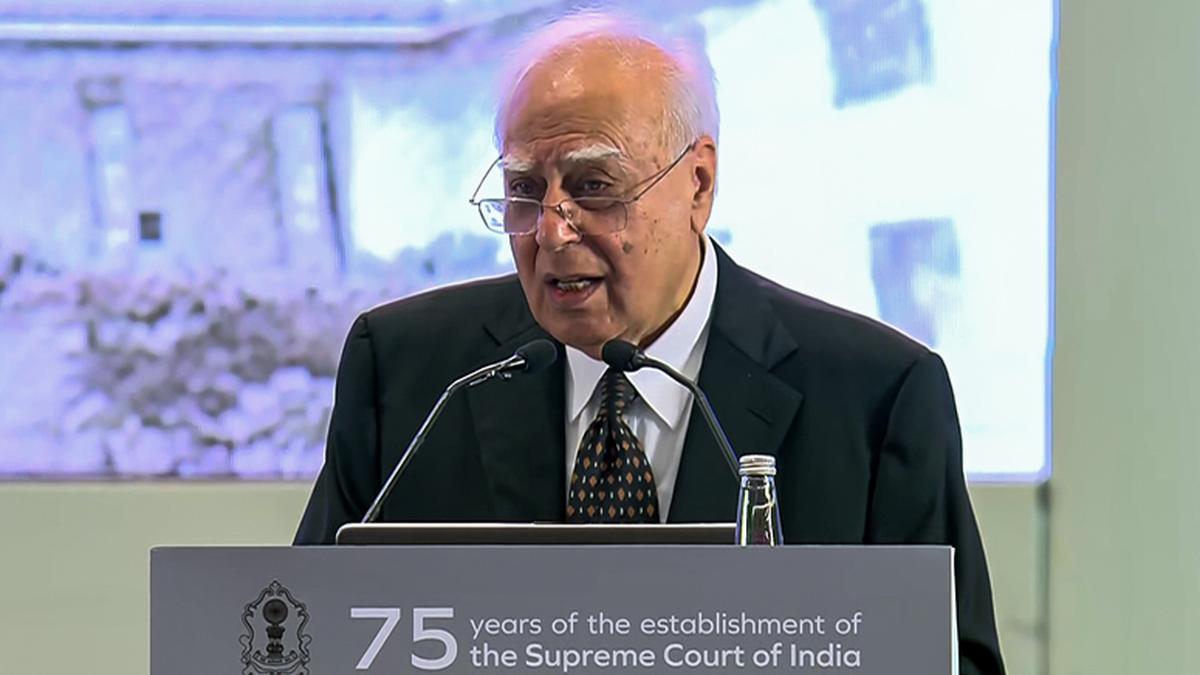These 4 Great Palestinian Olive Oils Are Delicious for Any Occasion


These four brands are honoring both the rich history of olive oil in Palestine and its future (plus, they’re really good)
There’s no underselling how important olive trees are to Palestinian culture, nor the symbolism they hold as Israel continues to bombard Gaza and subject its people to famine. Olive trees “perform a pivotal role in the Zionist and the Palestinian national narratives,” wrote scholar Irus Braverman in 2009, with there being “strong identification between the olive tree and the Palestinian people,” both due to economic and cultural forces, and as resistance to Israeli occupation. In 2021, almost 100,000 families economically relied on 10 million olive trees in Gaza and the occupied West Bank, according to Al Jazeera, producing olives, olive oil, and soap. The ongoing conflict has left many Palestinian farmers unable to properly harvest their crops, or finding that ancient olive trees have been razed by Israeli soldiers.
Against that reality, it seems like there has been a boom in the amount of Palestinian olive oil options available in America, as second-generation immigrants and Palestinian farming collectives market their family’s ancient product for a new generation. These oils continue to center Palestinian identity by insisting on naming the country instead of opting for the vaguer “Middle Eastern” or “Levantine.” And they draw customers both into the history of olive oil in Palestine, and toward its future.
The diversity of landscape across Palestine means no two oils taste the same — there is a Palestinian olive oil that fits any occasion. Here, we present four to round out your pantry.
The oil to rival (or even replace) Graza: Huwa
Despite its cheeky modern packaging, Huwa is a family business with a strong history. The oil comes solely from founder Bilal Othman Huwaoushi’s uncle’s farm in Aqraba, while the distribution is done by three Huwaoushi siblings here in the U.S. The farm is located in the West Bank near the Jordan Valley, which Huwaoushi tells Eater is why it has such an astringent, peppery kick that builds on the palate. Still, Huwa is mild enough to work as a general purpose oil in cooking and baking. It also comes in a squeeze bottle — no, not the Sriracha-like bottle taking over so much olive oil packaging, but a plump, playful thing with a sleek, modern spout, perfect for drizzling over salads or into frying pans.
The oil to savor on its own: Canaan
Canaan produces oils from the harvests of over 1,000 families in Palestine, with a commitment to paying a living wage and nurturing traditional harvesting methods. Its signature Rumi olive oil is thick and luxurious on the tongue, rich in texture and tasting faintly of olive fruit. This is meant to be the centerpiece, pooled in the middle of a dollop of yogurt through which you swipe a hot pita.
The oil to experiment with: Al’Ard
Al’Ard’s extra virgin olive oil comes from a combination of rumi and nabali olive trees, and is available in a variety of sizes depending on how much oil you find yourself consuming regularly. It smells of herbs and tastes powerfully green, making it the kind of oil less suited to cooking and more amenable to testing out alongside other flavors. It’s ripe for pairing on a cheese plate or drizzled into a creamy soup, or perhaps drenched into a thick focaccia scattered with za’atar.
The oil to put out for a party: Ya Albi
This aesthetically gorgeous, crowd-pleasing oil tastes like biting into juicy olives, sweet and almost meaty with a smooth finish. The Palestinian-American mother-daughter-owned company sources oil from the West Bank, and the chic pink tin looks effortlessly cool on the dinner table. Plus, all proceeds go toward HEAL Palestine, a nonprofit organization dedicated to helping Palestinian children impacted by the war on Gaza.














































































































































































